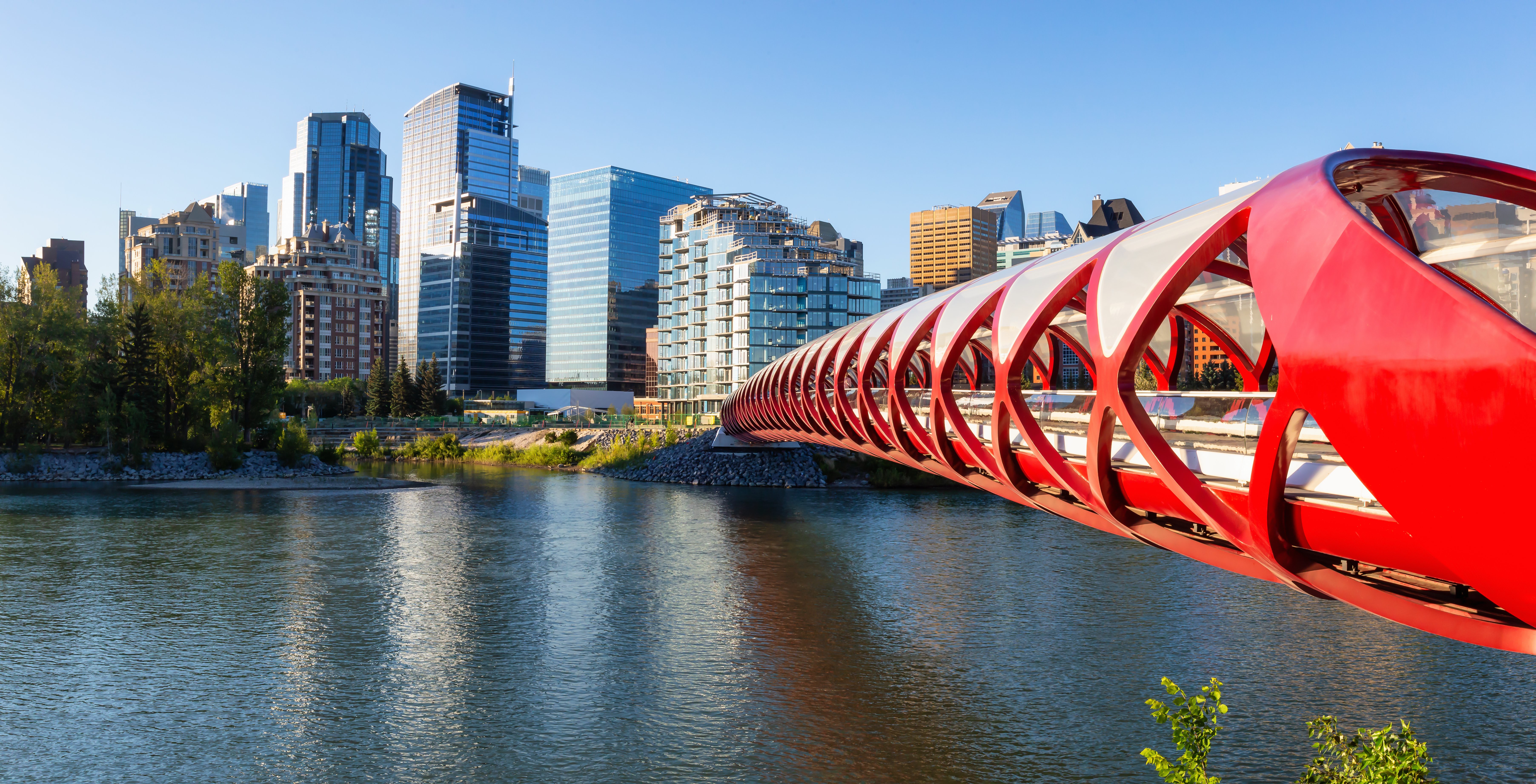Landlord Maintenance Responsibilities in Ontario
Fulfilling your maintenance responsibilities as a landlord in Ontario can be confusing. If something breaks, does the tenant or landlord pay for it? What about cleaning around the rental unit? When can I enter a property to make a repair?
But good news! You’ll find the answers to most of these types of questions in your municipal bylaws and/or provincial maintenance standards. Your municipal bylaws will depend on where you’re located in Ontario, but you can refer to Ontario’s Residential Tenancies Act for provincial maintenance standards.
Keep reading to learn what these documents say about who is responsible for what in regard to maintenance and repairs.
Key Takeaways: TLDR
According to the Ontario Residential Tenancies Act, here are the key maintenance obligations you need to fulfill as a landlord:
- Keep everything you provide to your tenants in working order
- Keep your rental property clean
- Make sure that the rental property meets municipal bylaws
- Follow all local and provincial fire safety laws
- Always supply your vital services, including hot or cold water, fuel, electricity, gas, and, during certain months of the year, heat, in a reasonable amount
- Give at least 24 hours written notice before entering a unit for maintenance
Learn more about each of these obligations below.
Landlord repair responsibilities in Ontario
Anything you provide your tenants, you must keep in working order. This includes (but isn’t limited to):
- Electrical, plumbing, or heating systems
- Appliances
- Carpets in the unit or common areas
- Walls, roofs, ceilings
- Windows, doors, locks, lighting
- Garages, laundry rooms, patios, walkways, or pools
If something breaks or becomes damaged due to an accident or normal wear and tear, you’re required to either repair or replace all involved components (and pay for them) to bring everything back to working order. For example, in the case of a sudden leaking roof, you would be required to investigate the leak and fix it.
If something breaks due to neglect or intentional damage caused by the tenant, you may not be required to repair or replace it. This is decided on a case-by-case basis.
Note: To make your life easier and minimize tenant-landlord confusion around repairs, encourage (or require) your tenants to get tenant insurance. Also, check out the Complete Winter Home Maintenance Checklist for Landlords and Tenants.
Landlord maintenance responsibilities in Ontario
Non-private spaces around your rental property must be kept to an acceptable level of cleanliness. This includes (but isn’t limited to):
- Lobby
- Halls
- Elevator
- Walkways
- Surrounding outside property (i.e. lawn)
- Shared laundry room
- Shared pool
- Shared parking lot or garage
This can take the form of regularly mowing the lawn, vacuuming hallway or entryway carpets, seasonal cleaning of the eavestrough, skimming the outside swimming pool, and so on. It’s also your responsibility to deal with insect and pest infestations, should they affect your property.
Note: Learn about additional maintenance obligations in mobile homes and land lease communities.
Landlord fire safety responsibilities in Ontario
As a bare minimum, you must follow all fire safety laws set out in Ontario’s Fire Code.
This includes:
- Installing (and regularly checking) smoke and carbon monoxide alarms
- Ensuring and maintaining clear fire exits
- Having proper ventilation
- Ensuring up-to-code electrical
- Having working fire extinguishers
It’s also important to make sure you’re following local fire laws, which you can learn about by contacting your local fire department, or from the website of the Office of the Ontario Fire Marshal.
Providing and maintaining vital services
Any vital services you provide your tenants—which are considered hot or cold water, fuel, electricity, gas and, during certain months of the year, heat—must always be supplied in a reasonable amount.
This applies even when you’re having issues with tenants. For example, even if a tenant is overdue on rent or has damaged your property, you can’t suddenly turn their electricity off; you’re still required to continue providing any vital services you agreed to provide in your original rental agreement.
There are also rules around interfering with these services. For example, if you’ve agreed to provide heat, you need to maintain a minimum temperature of 20 C from September 1 to June 15 (some municipal standards may be higher). You can’t provide less than this simply because a tenant is behind on their heating bill.
It’s also important to note that, if a vital service is shut off because you, the landlord, didn't use the funds given to you by a tenant to pay the provider, you’re considered to have withheld that service. But if the tenant is responsible for paying that bill and doesn’t, you can’t be held liable.
Giving notice for maintenance and repairs
Rather than always waiting for a tenant to let you know of any required repairs or maintenance, it’s important to also do your own property inspections.
As long as you give your tenants 24 hours written notice before entering the premises, you can enter the property to inspect for maintenance problems, make repairs, do work, or replace something.
The written notice must include:
- The reason why the landlord wants to enter
- The date the landlord will enter
- A specific time of entry between 8 a.m. and 8 p.m.
Be a better landlord with Rhenti
Being a great landlord starts well before the lease is signed. It starts with a fast, trustworthy, and communicative application process.
To be able to give this to prospective tenants, sign up for Rhenti's powerful and automated lead-to-lease software today.
Read more helpful tips and get valuable renting insight from the Rhenti property owner blog here.
The blog posts on this website are for the purpose of general introductory information. They can’t serve as an opinion or professional advice. Speak to a professional before making decisions related to your circumstances.


